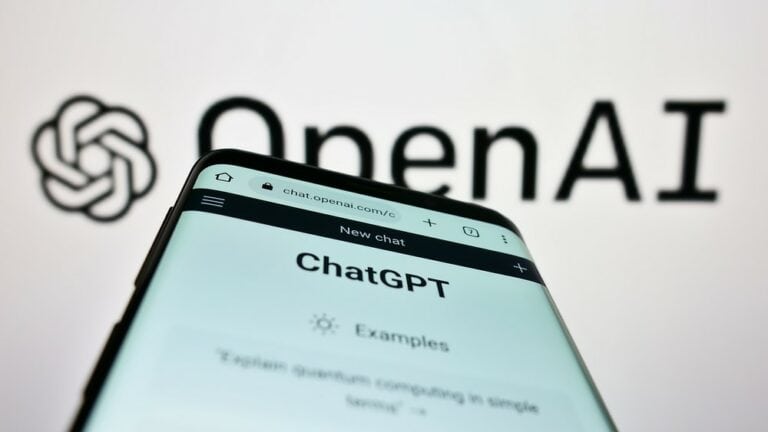One of OpenAI’s founders is leaving. Ilya Sutskever is stepping down from the role of Chief Scientist, a role he has held since 2018.
His replacement is current Director of Research Jakub Pachoki. Pachoki joined OpenAI in 2017 and previously worked briefly for Facebook (now Meta). Exactly what Sutskever will do now is unknown. CEO Sam Altman describes his former colleague’s intellect as a “genuinely remarkable genius.”
Amicable?
We also heard that amicable tone from Amazon chief executive Andy Jassy when it was announced yesterday that Adam Selipsky is leaving as AWS CEO. There, too, there are doubts about the mutual nature of the decision to leave. As friendly as the OpenAI boss sounds here, Sutskever is clearing the field a few months after he and a few others fired Altman. That decision was reversed during a remarkable soap opera in which Microsoft claimed a board role for itself, albeit without voting rights.
Tip: ‘OpenAI board is checkmated; Altman must return as CEO’
Sutskever did still act as one of OpenAI’s voices since then. For example, he and other prominent executives opposed the accusations (and associated lawsuit) of Elon Musk, who exited the OpenAI project years earlier. According to Musk, OpenAI has abandoned its mission by chasing profits, while OpenAI in turn accused the tech tycoon of spreading lies about the circumstances surrounding his departure. The emails revealed in this PR battle were mostly between Sutskever and Musk.
GPT Models
Taking a broader, long-term view, Sutskever’s importance can’t be ignored. No one can be designated as the founder of generative AI, since the fundamental research for it was always in groups. However, Sutskever’s role has been instrumental. For example, together with “father of AI” Geoffrey Hinton and Alex Kirzhevsky, he developed AlexNet, which showed other AI researchers the power of a”convolutional neural network” by providing significantly higher accuracy in AI benchmarks than competitors. AlexNet training took place on GPUs, which took place many times faster than CPU training. That’s still the case today.
Sutskever established DNNResearch in 2012, which was acquired by Google within months of its founding. After more than two years at Google as a Research Scientist at Google, he became a founding member of OpenAI in January 2016. He led the research that enabled the company’s GPT models, which in turn formed the basis for ChatGPT and the meteoric rise of GenAI in the wake of its November 2022 release.
Sutskever’s departure, regardless of the soap opera of late last year, is a significant one for OpenAI. It indicates that it is beginning a new chapter. Currently, GPT-4o, introduced this week, is the most impressive AI model that OpenAI is making available for free. At the time of writing, this new model is still being rolled out.
Read more: ChatGPT now talks in real-time, new GPT-4o model available for free
